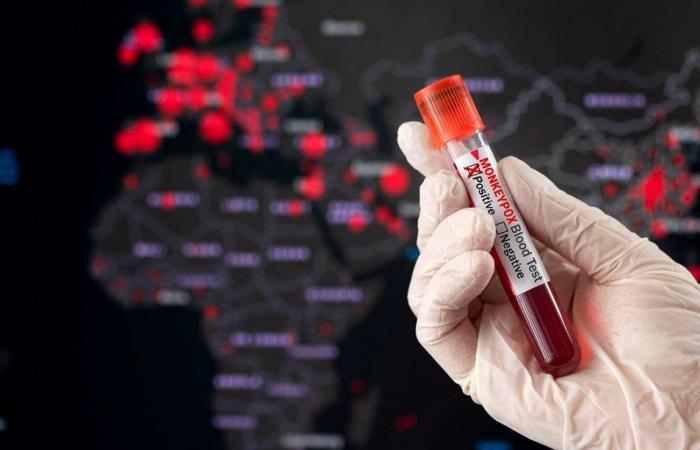The World Health Organization’s Europe chief warned Friday that monkeypox cases in the region have tripled in the last two weeks and urged countries to do more to ensure the previously rare disease does not become entrenched on the continent.
Dr. Hans Kluge said in a statement that increased efforts were needed despite the UN health agency’s decision last week that the escalating outbreak did not yet warrant being declared a global health emergency.
“Urgent and coordinated action is imperative if we are to turn a corner in the race to reverse the ongoing spread of this disease,” Kluge said.
To date, more than 5,000 monkeypox cases have been reported from 51 countries worldwide, according to the US Centers for Disease Control and Prevention. Kluge said the number of infections in Europe represents about 90 percent of the global total, noting that 31 countries in the WHO’s European region have now identified cases.
Scientists warn anyone who is in close physical contact with someone who has monkeypox or their clothing or bedsheets is at risk of infection, regardless of their sexual orientation. Vulnerable populations like children and pregnant women are thought to be more likely to suffer severely.
About 10 percent of patients were hospitalized for treatment or to be isolated, and one person was admitted to an intensive care unit. No deaths have been reported.
Until May, monkeypox had never been known to cause large outbreaks beyond Africa, where the disease is endemic in several countries and mostly causes limited outbreaks when it jumps to people from infected wild animals.
Dr. Hans Kluge said in a statement that increased efforts were needed despite the UN health agency’s decision last week that the escalating outbreak did not yet warrant being declared a global health emergency.
“Urgent and coordinated action is imperative if we are to turn a corner in the race to reverse the ongoing spread of this disease,” Kluge said.
To date, more than 5,000 monkeypox cases have been reported from 51 countries worldwide, according to the US Centers for Disease Control and Prevention. Kluge said the number of infections in Europe represents about 90 percent of the global total, noting that 31 countries in the WHO’s European region have now identified cases.
Scientists warn anyone who is in close physical contact with someone who has monkeypox or their clothing or bedsheets is at risk of infection, regardless of their sexual orientation. Vulnerable populations like children and pregnant women are thought to be more likely to suffer severely.
About 10 percent of patients were hospitalized for treatment or to be isolated, and one person was admitted to an intensive care unit. No deaths have been reported.
Until May, monkeypox had never been known to cause large outbreaks beyond Africa, where the disease is endemic in several countries and mostly causes limited outbreaks when it jumps to people from infected wild animals.


















